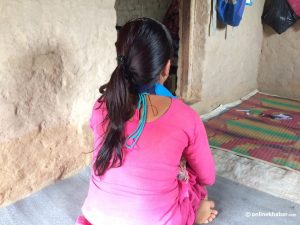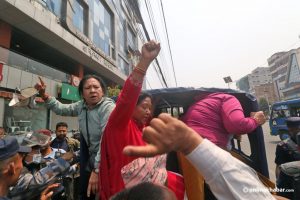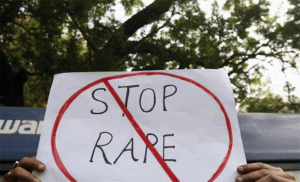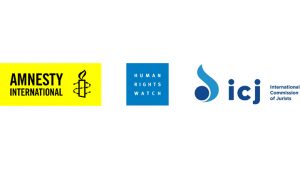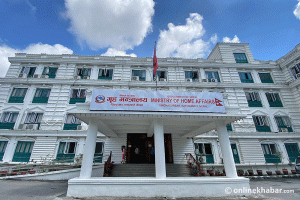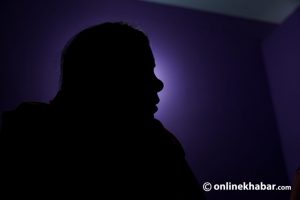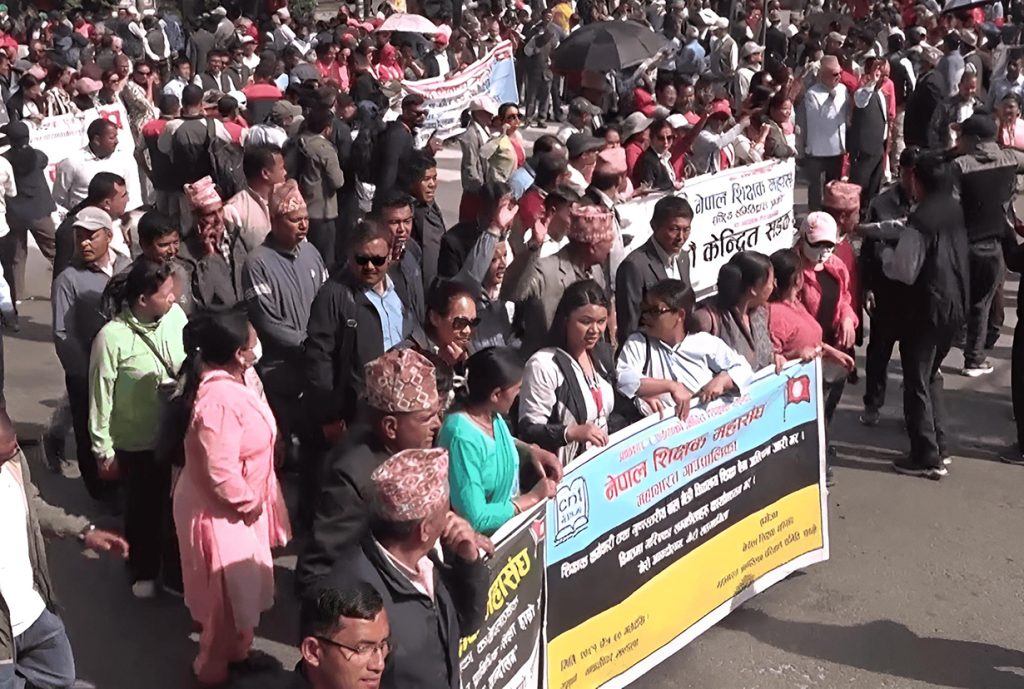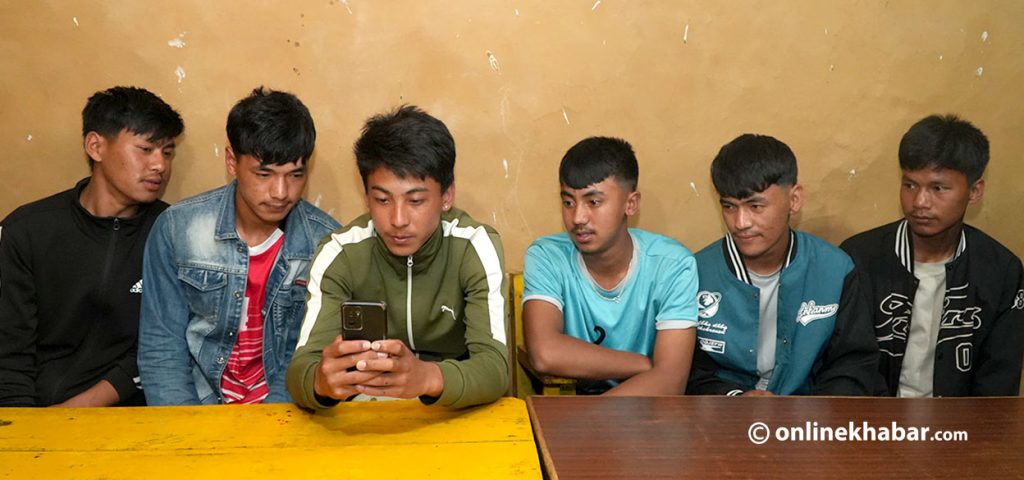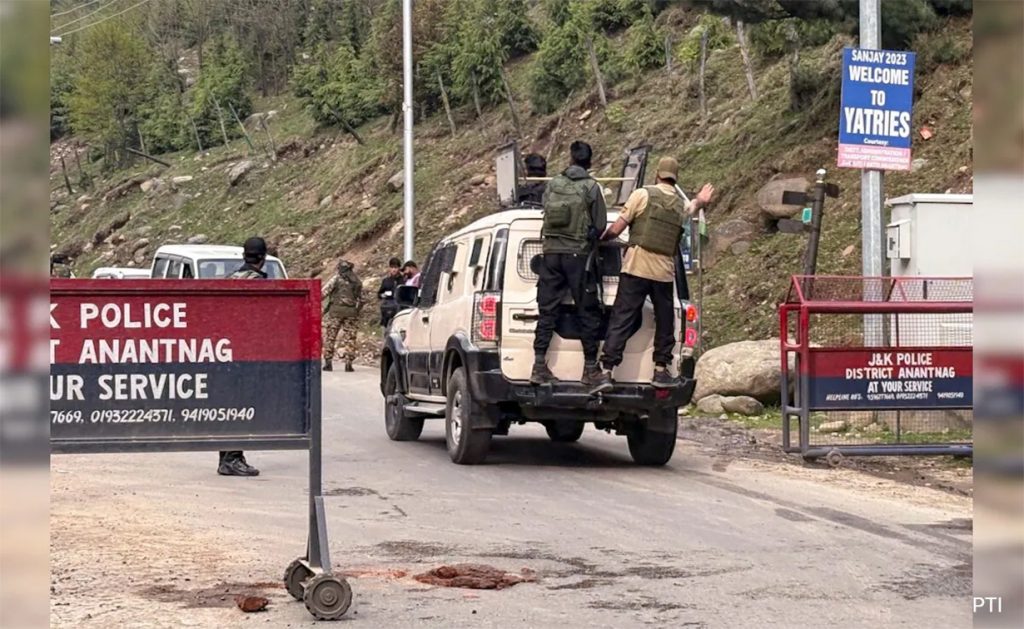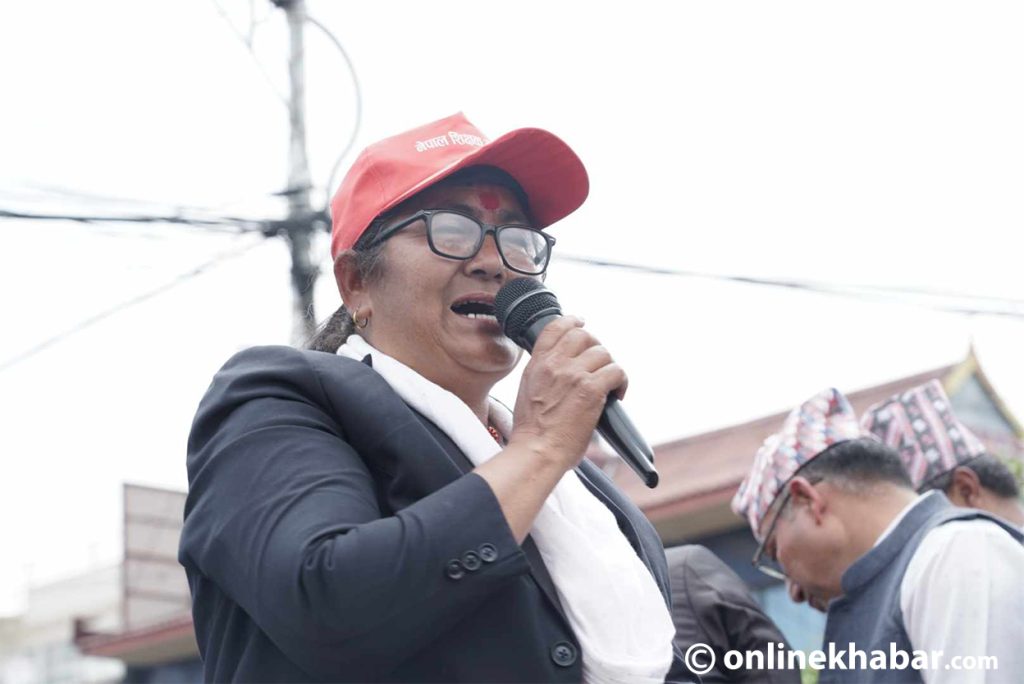
Devi Khadka of the National Organisation of Wartime Rape Victims is worried about Nepal’s transitional justice process. She recently was in a camp treating sexual abuse survivors during the armed conflict when a Gynaecologist rushed to her to tell how a rape survivor needed a hospital immediately as her vagina was exuding pus.
“The state of sexual abuse and rape survivors in the country is dire. They need counselling and medical help. If we cannot provide that to them immediately, lives cannot be saved,” she said speaking at a programme in Kathmandu. “How long will it take for the leaders to draft and implement the Transitional Justice Act?”
Khadka went on to say how the government had failed the rape survivors and other women who had to endure the negative side of the armed conflict. With the law not recognising survivors as victims of the war, she said a legal framework was the need of the hour to ensure these survivors could live a life without worrying about what would happen to them next.
Disturbing health statistics

Seventeen years have passed since the peace process began following the 10-year-old armed conflict, yet justice remains inaccessible to the women who suffered due to it. The health camp recently held tried to provide mental health and other facilities to the survivors. The findings of the camp showed disturbing data.
The camp assessed 127 women across three provinces, and the evaluating doctors found that 85 per cent of women showed mental health issues as a direct result of the armed conflict.
For those requiring assistance, doctors recommended medication, with half of them already undergoing mental health treatment.
More than 11 per cent of survivors have undergone uterine removal, and an additional 6.33 per cent urgently need the same critical procedure. Furthermore, a significant 70.8 per cent require further treatment.
Health assessments revealed that 85 per cent of the participants who had faced sexual violence reported experiencing menstrual irregularities.
Horrific realities of the armed conflict

The physical strength of those who survived the armed conflict stands in stark contrast to the brutal acts they were subjected to. Their bodies carry the stories of pain and suffering, forever etched by the horrors they witnessed.
The physical ramifications of the armed conflict resonated deeply, with over half (59.84 per cent) experiencing single instances of rape and an even higher proportion (65.35 per cent) facing isolated gang rapes. However, for a significant number (40.16 per cent), the trauma extended to prolonged episodes of gang rape, leaving indelible scars on their bodies and souls. In addition to the trauma of rape and sexual violence, 34.65 per cent of women endured miscarriages as a direct consequence of the extreme torture they faced.
According to medical professionals, a woman who had experienced severe torture during the conflict underwent a medical examination. Upon examination, it was learnt that the woman had been given medication to cause an abortion. This resulted in the woman through through a lot both physically and mentally.
The extent of the torture was chilling, with nearly 30 per cent of the survivors enduring broken limbs, while others suffered even more serious injuries. Khadka, during her address, recounted instances of one person with a gouged eye and another with a broken spine.
Fear of exclusion
The trauma of conflict-related sexual violence, coupled with concerns about societal stigma and family rejection, has deterred survivors from seeking necessary medical care. Khadka says that even among those reaching out, only a few choose to undergo examinations after careful consideration of privacy and other sensitive factors.
“They are afraid,” says Khadka. “They think if they reach out for help, their darkest secrets will be known to everyone. They don’t want to be socially excluded and suffer silently.”
She says the women become so uncertain and isolated that they do not know where to seek help.
“Even now, only a fraction of survivors are ready for medical examination. This also depends on how comfortable they are and if there are female doctors and other health workers,” says Khadka.
Psychological toll

The health camp revealed evident physical signs of trauma, with almost all participants (98 per cent) diagnosed with high blood pressure. A doctor noted that recalling traumatic experiences could lead to physiological reactions, such as increased blood pressure, stressing the importance of comprehensive treatment that includes psychological support.
A mental health professional working with survivors noted that a concerning 85 per cent struggle with post-traumatic stress disorder (PTSD). PTSD can emerge after a traumatic event, causing distressing reactions often triggered by reminders of the experience.
“PTSD symptoms can vary greatly,” the doctor says. “While some people might experience panic attacks, others might struggle with flashbacks, nightmares, or feelings of isolation and distrust.”
These symptoms, if persistent, can significantly impact daily life and create a sense of ongoing vulnerability, the doctor adds.
Government not for survivors

“We talk a lot of ambitious stuff when it comes to transitional justice but we need to understand, that what the survivors want is a space and an environment to live a good life,” says Khadka.
The survivors’ simple request for continued treatment, a desperate plea for a chance at life, stands in stark contrast to the rhetoric emanating from distant halls of power.
“The absence of government presence extends beyond physical healthcare,” Khadka says. “We barely have enough mental health professionals which has left traumatised survivors with nowhere to turn for the specialised care they desperately need.”
She points out that government budgets allocate funds to hospitals for units catering to the needs of the needy, but survivors of conflict and torture are not part of this process. Khadka suggests that including rape survivors in conflict policies would facilitate their treatment.
Although one-stop crisis management centres for gender-based violence provide hope, Khadka says that their effectiveness for conflict survivors is constrained. She adds that specific challenges hinder their ability to fully support those affected by war and torture.
The financial situation of some survivor is particularly challenging, as their ability to work is often negatively impacted by the trauma they have faced. This can create a cycle of hardship, as their need for resources further exacerbates the difficulties they encounter in daily life.
“Survivors’ experiences vary greatly,” says Khadka. “Those blessed with family support have a crucial safety net, while those keeping their trauma hidden navigate immense challenges due to isolation and stigma. Even within areas covered by NGOs, access to support isn’t uniform. While some receive vital psychological counselling, others may lack broader assistance encompassing physical health, basic needs, or legal aid.”
Appeal to the state

For the past two years, the National Organization of Wartime Rape Victims has been supporting women survivors of conflict-related rape.
“Through persistent advocacy, we’ve reached a turning point – the state is finally acknowledging the issue. But this is just the start,” says Khadka. “Now, we must act decisively to guarantee the survivors’ immediate right to a safe life. This means ensuring access to comprehensive healthcare, social security, and all necessary support for their full recovery and reintegration.”
Khadka says that the timely enactment of transitional justice laws, along with a robust commission, is the sole hope for countless conflict-affected survivors. She says that every minute of delay puts another life at risk – lives denied legal recourse, medical support, and the fundamental right to be acknowledged as survivors of the war.
“We cannot let justice be a casualty of bureaucratic inactivity,” she says.
As the peace process reaches a critical juncture, Khadka urges that the voices and demands of women who have endured the trauma of war rape be elevated to the forefront.
“Overcoming this challenge requires our collective commitment. The state has failed them in the past but it is time they do not continue to fail them now”, says Khadka.






